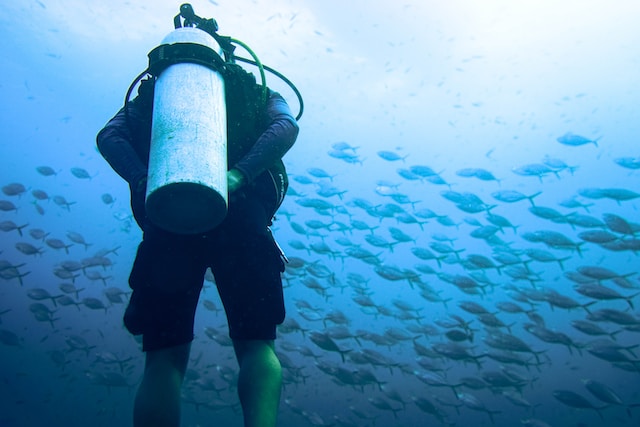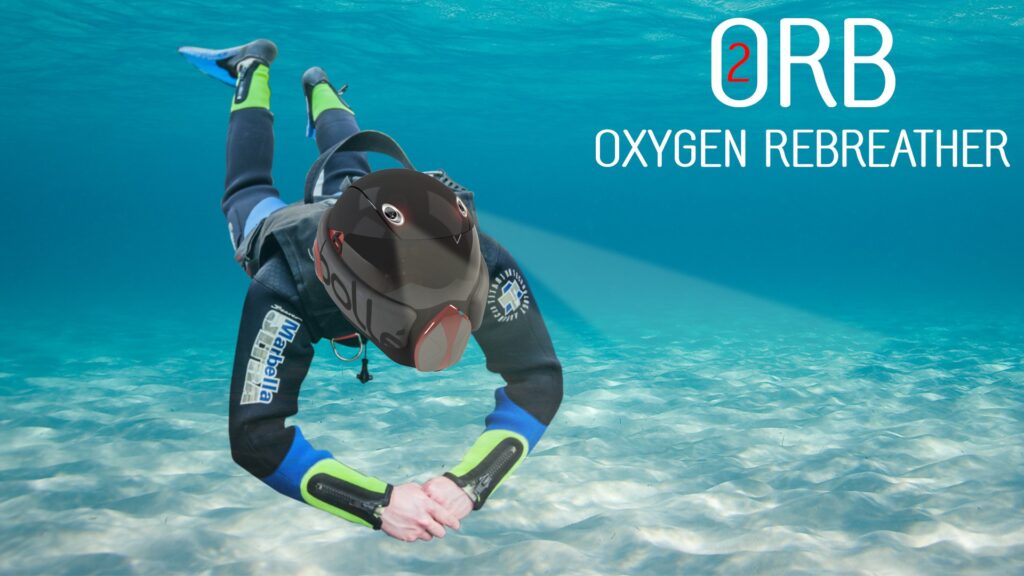Over the years, scuba diving has evolved from being a niche hobby to a popular sport with a growing number of enthusiasts. With advancements in technology and increasing interest in environmental conservation, the future of scuba diving looks promising.
The Evolution of Scuba Diving: From Past to Present
The world beneath the waves is full of wonder and mystery, and scuba diving provides the perfect opportunity to explore it. From colorful coral reefs to shipwrecks and deep sea creatures, scuba diving can offer a unique experience that is not available anywhere else. In this blog post, we will explore what the future of scuba diving might look like.
- Underwater Tourism: With the increasing popularity of scuba diving, there is a growing demand for underwater tourism. Scuba diving destinations like the Great Barrier Reef, Maldives, and Thailand are already popular tourist hotspots. As technology improves, underwater hotels and resorts could become a reality, providing divers with a unique experience of living and diving beneath the ocean surface.
Imagine waking up in a cozy underwater bedroom and looking out the window to see schools of fish swimming by. Underwater resorts could offer a range of activities, from guided diving tours to underwater spas and restaurants. This would not only be a unique experience for divers but also an opportunity to raise awareness about the importance of marine conservation.
Virtual Reality Diving: The Future of Underwater Exploration?
- Virtual Reality Diving: With virtual reality technology becoming more affordable and accessible, it is likely that scuba divers could experience the underwater world without even getting wet. Virtual reality diving could provide individuals with a safe and immersive experience of exploring marine life without requiring diving certifications or physical training.
This could be particularly useful for people who are unable to dive due to physical disabilities, health conditions, or financial constraints. Virtual reality diving could also be used for educational purposes, allowing people to learn about marine life and conservation efforts in a fun and interactive way.
- Ocean Conservation: Scuba divers have long been advocates for ocean conservation and the protection of marine life. With the growing awareness of environmental issues and the impact of human activities on the ocean, scuba divers are likely to play an even more significant role in conservation efforts in the future. Advances in technology, such as underwater drones and sensors, could help divers monitor and protect marine life more effectively.
For example, underwater drones could be used to survey coral reefs and detect changes in water temperature and quality. Sensors could be used to monitor the behavior of marine animals and detect illegal fishing activities. Scuba divers could also participate in citizen science programs, collecting data on marine life and contributing to research efforts.
Sustainable Diving: How to Protect the Oceans You Love
- Sustainable Diving: As the world becomes more environmentally conscious, sustainable diving practices are likely to become more widespread. This could include using eco-friendly gear, reducing plastic waste, and supporting local communities that rely on the ocean for their livelihoods.
Eco-friendly diving gear, such as wetsuits made from recycled materials and biodegradable sunscreen, could reduce the impact of scuba diving on the environment. Divers could also take steps to reduce their plastic waste, such as using reusable water bottles and avoiding single-use plastic items. Supporting local communities that rely on the ocean, such as through sustainable tourism and responsible fishing practices, could help ensure the long-term health of marine ecosystems.
Technical Diving: The Next Frontier for Experienced Divers
- Technical Diving: For experienced divers, technical diving offers a more challenging and rewarding experience. Technical diving involves exploring deeper depths, longer dives, and more complex environments. As technology improves, technical diving could become more accessible, allowing divers to explore previously inaccessible underwater environments.
New technologies, such as closed-circuit rebreathers, could allow divers to stay underwater for longer periods of time and explore deeper depths. Advances in underwater lighting and imaging could also enhance the experience of technical
diving, allowing divers to capture and share stunning images and videos of the underwater world.
However, it is important to note that technical diving is not without risks. Proper training and equipment are essential to ensure the safety of divers.
Scuba Diving Education: The Key to Safe and Responsible Diving
- Scuba Diving Education: As the popularity of scuba diving continues to grow, education and training will become even more critical. Proper scuba diving education can help ensure the safety of divers and the protection of marine life.
In the future, scuba diving education could become more accessible through online courses and virtual reality simulations. Divers could also receive personalized training, tailored to their individual needs and abilities. Additionally, scuba diving education could focus more on ocean conservation, promoting sustainable diving practices, and the importance of protecting marine ecosystems.
The future of scuba diving
The future of scuba diving looks promising, with advancements in technology and a growing awareness of environmental issues. Underwater tourism, virtual reality diving, ocean conservation, sustainable diving, technical diving, and scuba diving education are all areas that are likely to see significant growth and development in the coming years. As scuba diving enthusiasts, it is our responsibility to promote safe and sustainable diving practices and to protect the underwater world for future generations to enjoy.

As with any activity, scuba diving has its risks and challenges. However, with proper training, equipment, and responsible behavior, these risks can be minimized. It is important for divers to be aware of their limitations and to follow established safety protocols.
Scuba diving can offer a unique and rewarding experience unlike any other. Whether you are a beginner or an experienced diver, there is always something new to discover and explore beneath the waves. As technology and awareness continue to evolve, the future of scuba diving looks bright, offering even more opportunities to experience the wonders of the underwater world.
